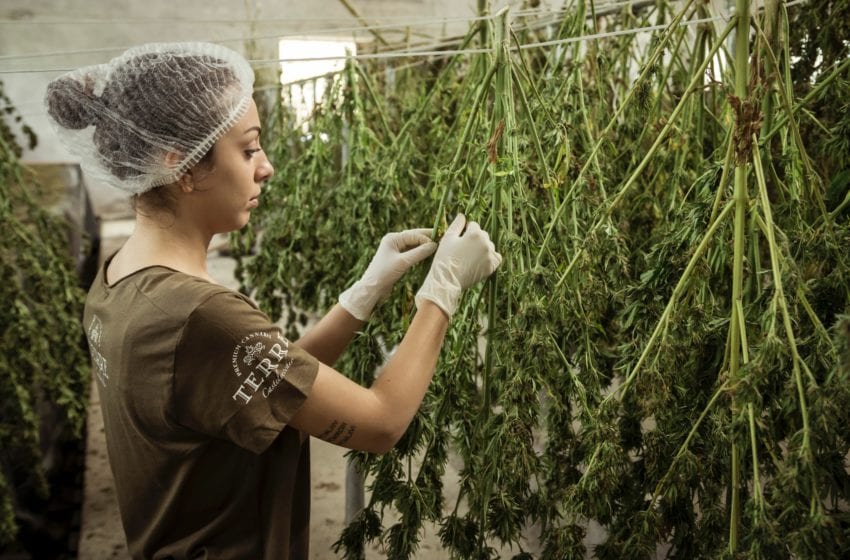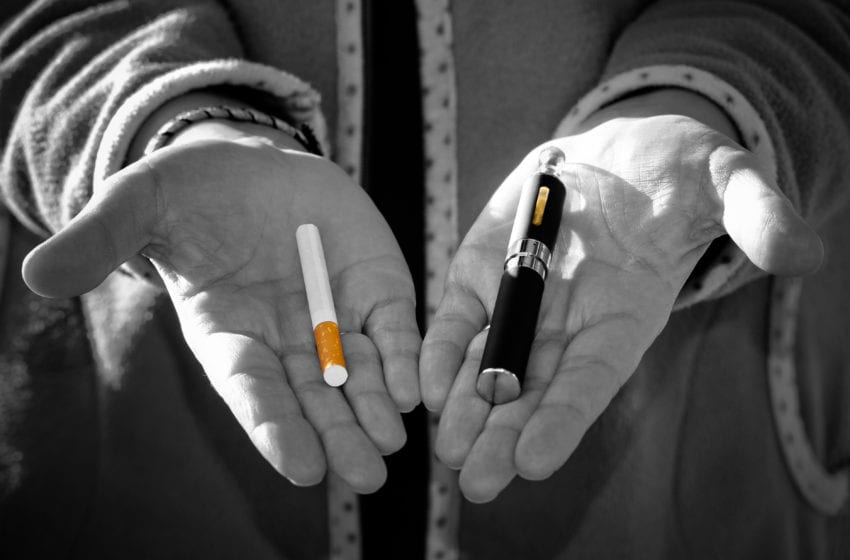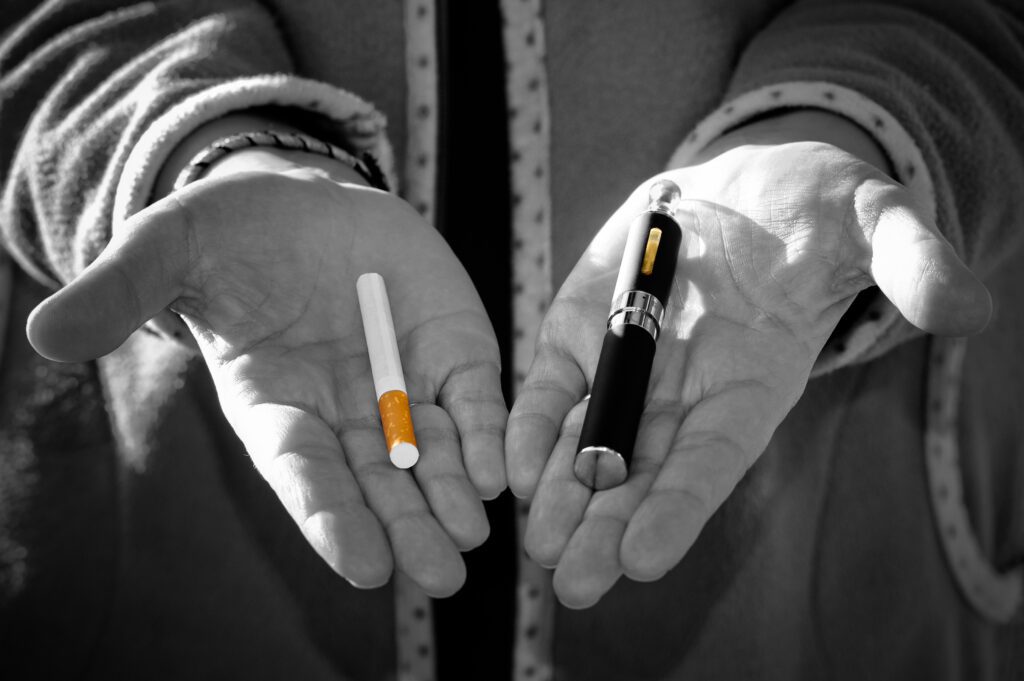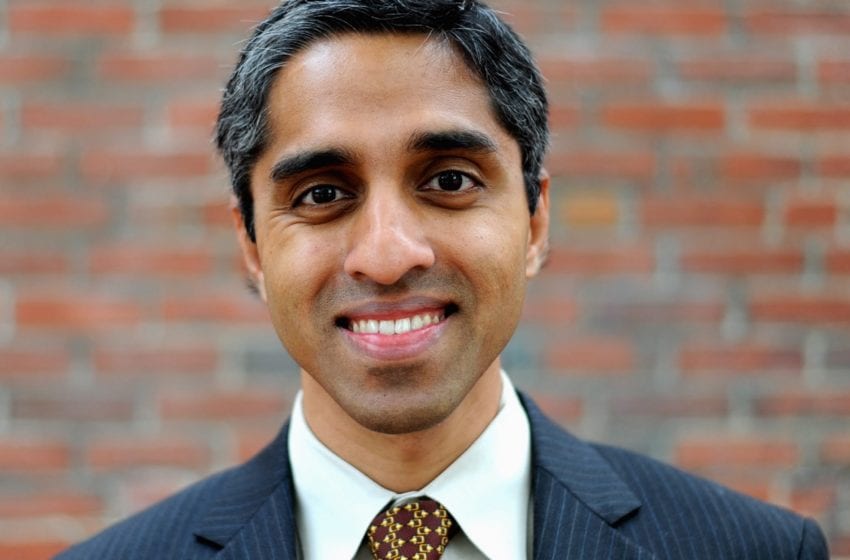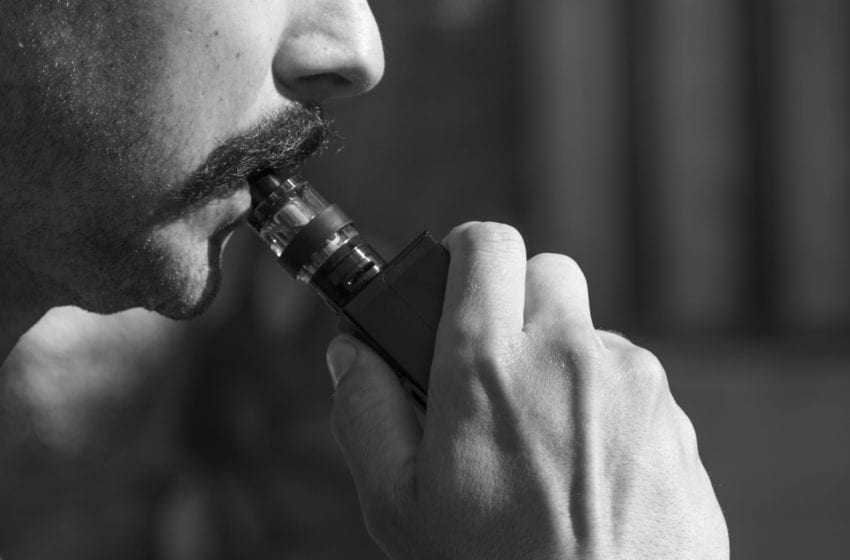State lawmakers in New York have agreed to legalize marijuana for recreational use in a late-night session. The move positions the state to join at least 14 other states already allowing residents to buy marijuana for recreational and not just medical use. New York’s past efforts to pass marijuana legalization have failed in recent years.

“My goal in carrying this legislation has always been to end the racially disparate enforcement of marijuana prohibition that has taken such a toll on communities of color across our state, and to use the economic windfall of legalization to help heal and repair those same communities,” Sen. Liz Krueger, Senate sponsor of the bill and chair of the Senate’s finance committee, said.
Democrats who now wield a veto-proof majority in the state Legislature that made passing the bill a priority this year, and Democratic Gov. Andrew Cuomo’s administration has estimated legalization could eventually bring the state about $350 million annually, according to a story in the Associated Press. Cuomo has pointed to growing acceptance of legalization in the Northeast, including in Massachusetts, Maine and most recently, New Jersey.
The legislation would allow recreational marijuana sales to adults over the age of 21, and set up a licensing process for the delivery of cannabis products to customers. Individual New Yorkers could grow up to three mature and three immature plants for personal consumption, and local governments could opt out of retail sales. The bill also sets aside revenues to cover the costs of everything from regulating marijuana, to substance abuse prevention, according to the AP.
The legislation would take effect immediately if passed, though sales wouldn’t start until New York sets up rules and a proposed cannabis board, according to the AP. Assembly Majority Leader Crystal Peoples-Stokes estimated Friday it could take 18 months to two years for sales to start.
New York would set a 9% sales tax on cannabis, plus an additional 4% tax split between the county and local government. It would also impose an additional tax based on the level of THC, the active ingredient in marijuana, ranging from 0.5 cents per milligram for flower to 3 cents per milligram for edibles.
New York would eliminate penalties for possession of less than three ounces of cannabis, and automatically expunge records of people with past convictions for marijuana-related offenses that would no longer be criminalized, according to the AP. That’s a step beyond a 2019 law that expunged many past convictions for marijuana possession and reduced the penalty for possessing small amounts.
The bill allows cities, towns and villages to opt out of allowing adult-use cannabis retail dispensaries or on-site consumption licenses by passing a local law by Dec. 31, 2021 or nine months after the effective date of the legislation. They cannot opt out of legalization.

